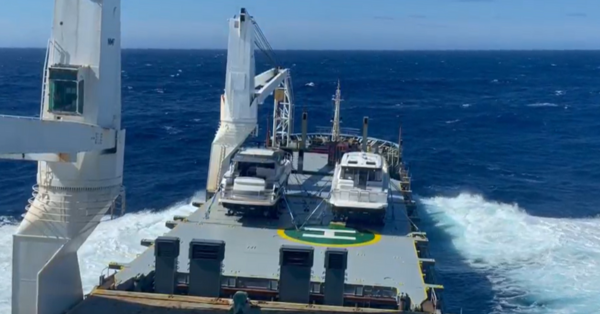UNSW Researchers Receive $3.3M Funding for Innovation in Australia's Economic Accelerator Program
Key Ideas
- UNSW Sydney researchers secure $3.3 million from the Australian government for 11 commercialisation projects focusing on reducing greenhouse emissions, hydrogen fuel cells for aviation, and robotic sensors.
- Projects aim to address industry challenges like emissions in shipping, supply chain concerns in rare-earth magnets for e-bike motors, and decarbonizing aviation transportation with hydrogen fuel cells.
- Initiatives also target defence capabilities by developing advanced ammunition manufacturing and carbon composite technology for rocket motors, enhancing Australia's sovereign defence capability.
- Enabling projects like pilot-scale manufacture of bioreactors aim to automate lab-based cell culture methods, potentially reducing production costs for biopharmaceuticals like CAR T cells used in cancer treatment.
The Australian government is providing $3.3 million in funding to 11 innovative research translation and commercialisation projects led by UNSW Sydney researchers. These projects cover a wide range of areas including reducing greenhouse emissions in commercial shipping, creating hydrogen fuel cells for aviation, and developing robotic sensors. The funding is part of the Australian Economic Accelerator (AEA) program aimed at supporting world-leading research in the university sector.
Projects like 'A new method for commercial ship route optimization' and 'Developing a novel high-efficiency micro-electric vehicle motor' target reducing emissions and rare-earth magnet usage in transportation. Another significant initiative is 'New hydrogen fuel cell for aviation transportation' which aims to decarbonize the aviation industry. In the defense sector, projects focus on improving ammunition manufacturing and developing advanced rocket motor technology.
The funding will also support projects that enhance enabling capabilities such as pilot-scale manufacture of microfluidic bioreactors, which could revolutionize biopharmaceutical production. The initiatives aim to foster innovation, address sustainability challenges, and enhance Australia's sovereign defence capability. Professor Bronwyn Fox, Deputy Vice-Chancellor Research & Enterprise at UNSW, praised the funding as a reflection of the university's commitment to innovation and commercialization, enabling researchers to contribute to industry-changing technologies.
Topics
Aviation
Technology
Innovation
Sustainability
Transport
Defence
Grants
Commercialisation
Research Translation
Latest News
